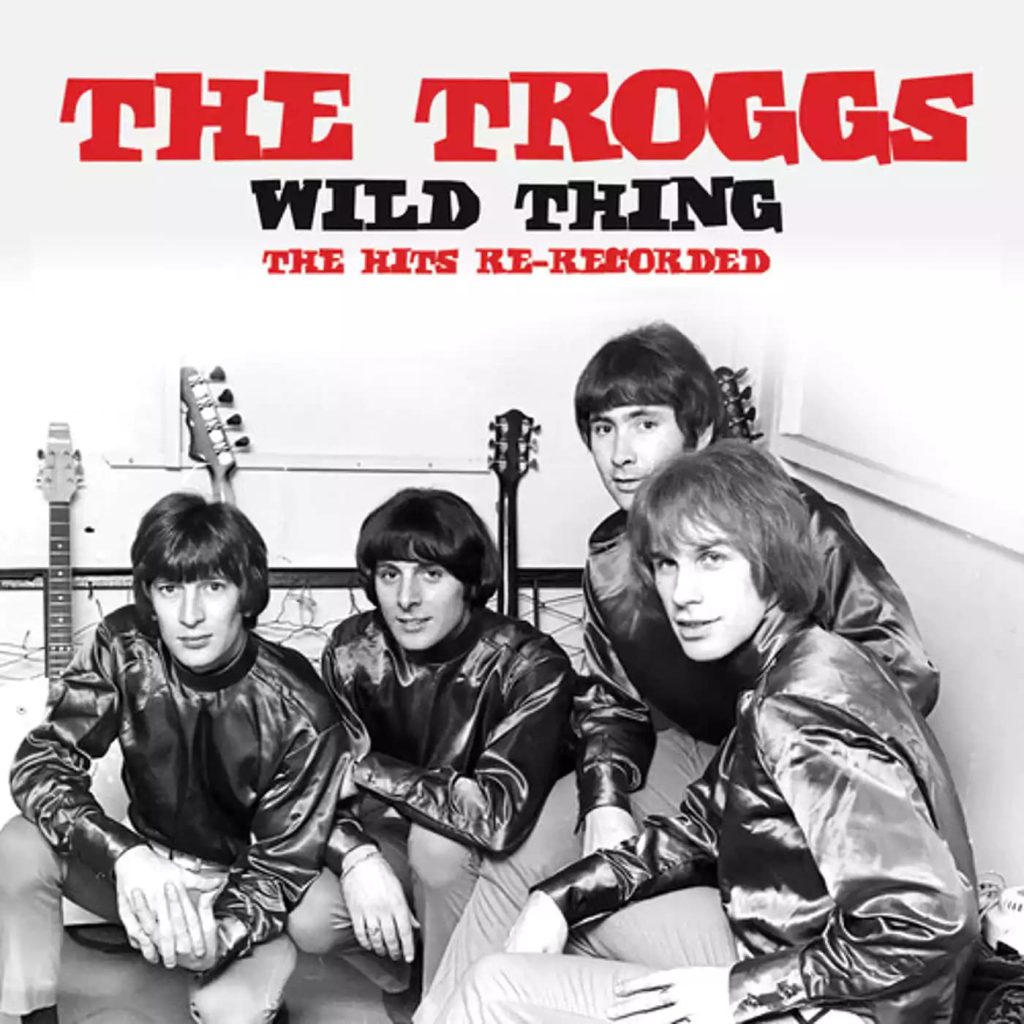
“Wild Thing”: Unraveling the Mystery of a Rock ‘n’ Roll Classic
The Troggs’ “Wild Thing” stands as a monumental, if deceptively simple, anthem of raw, unbridled passion, a primal scream of desire that reverberated through the heart of the swinging sixties, leaving an indelible mark on the landscape of rock music.
In 1966, a raw, almost feral sound erupted from the quiet town of Andover, England, courtesy of The Troggs. Their single, “Wild Thing,” a three-chord wonder that seemed to distill the very essence of teenage lust, stormed the charts, reaching number one on the Billboard Hot 100 and number two on the UK Singles Chart. It wasn’t just a hit; it was a cultural phenomenon, a seismic shift in the sonic landscape that heralded the arrival of a new, more primal era of rock ‘n’ roll. This track, with its minimalist arrangement and maximum impact, became an instant classic, a timeless anthem of uninhibited desire.
The story of “Wild Thing” is as simple and direct as the song itself. Written by Chip Taylor, the track was initially recorded by the American band The Wild Ones, but it was The Troggs’ raw, unpolished rendition that captured the world’s imagination. The band’s stripped-down approach, driven by Reg Presley’s guttural vocals and the rudimentary guitar riffs of Tony Murray, created a sound that was both primitive and intoxicating. The recording sessions were likely a whirlwind of raw energy, capturing the band’s untamed spirit and their ability to translate pure emotion into sound. The track’s simplicity became its strength, a testament to the power of raw emotion over technical proficiency. It was a song that spoke directly to the heart, bypassing the intellect and tapping into the primal urges that lay beneath the surface of polite society.
The meaning of “Wild Thing” is as straightforward as its musical arrangement: it’s a raw, unadulterated expression of lust and desire. The lyrics, though minimal, are imbued with a sense of urgent longing, capturing the feeling of being overwhelmed by passion. The “wild thing” itself becomes a metaphor for this untamed desire, a force that cannot be contained or controlled. It’s a song about the raw, visceral emotions that lie at the heart of human experience, about the primal urges that drive us. For those who remember the 1960s, a time of sexual liberation and cultural change, “Wild Thing” resonated deeply, capturing the spirit of a generation that was breaking free from the constraints of the past. It was a song that spoke to the universal human experience of desire, of the yearning for connection, and of the thrill of the unknown.
Reg Presley’s vocal performance is a masterclass in raw expression, his guttural delivery perfectly complementing the song’s primal energy. The minimalist arrangement, with its driving rhythm section and rudimentary guitar riffs, creates a sonic landscape that is both raw and intoxicating. The song’s enduring appeal lies in its timeless quality, its ability to evoke a sense of uninhibited desire that transcends generations. It’s a testament to the power of raw emotion over technical proficiency, of simplicity over complexity.
For those who experienced the British Invasion era, “Wild Thing” evokes memories of raw energy, of youthful rebellion, and of the sheer power of rock ‘n’ roll. It’s a reminder of The Troggs’ enduring legacy, of their ability to capture the untamed spirit of the 1960s. It’s a testament to the enduring power of raw, unfiltered rock ‘n’ roll, a sound that continues to resonate with audiences of all ages. To listen to “Wild Thing” now is to be transported back to a time of uninhibited expression, of raw emotion, and of the enduring magic of The Troggs’ music.